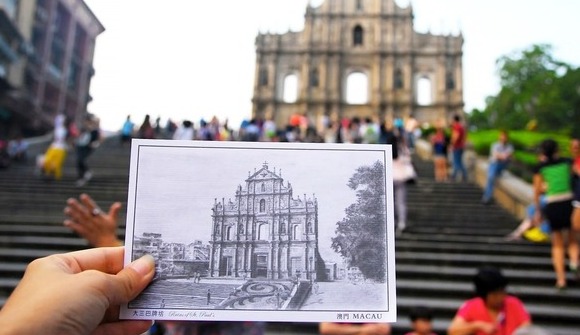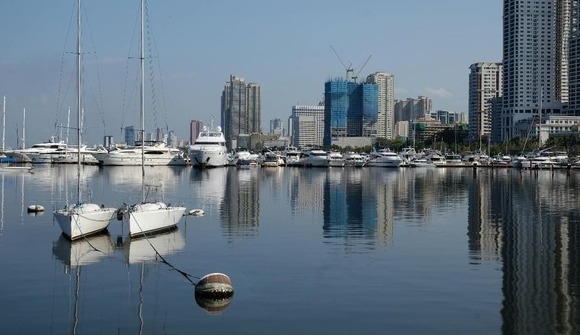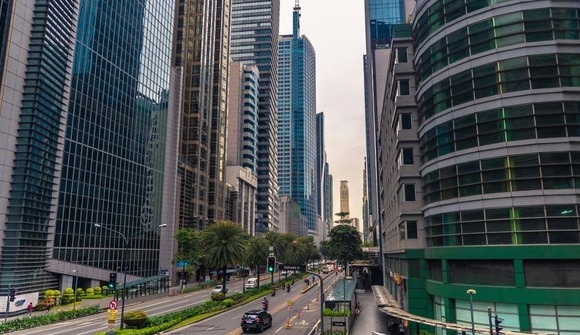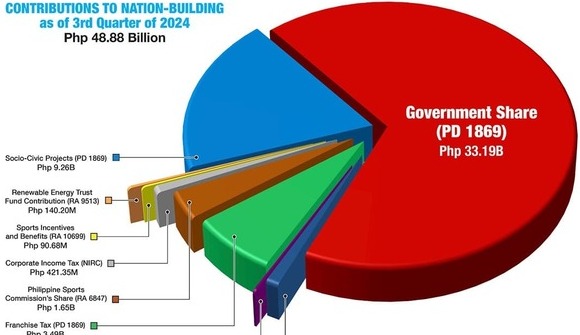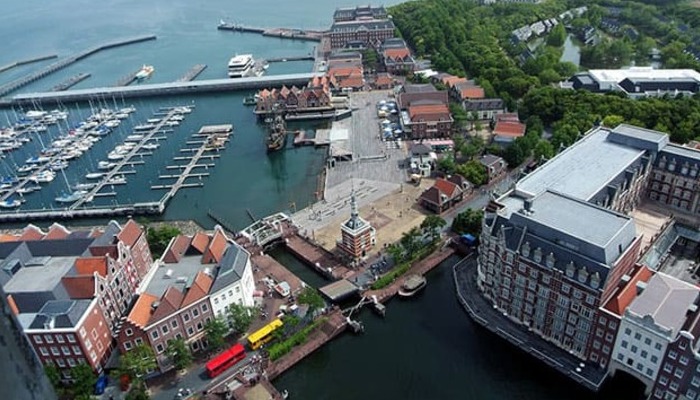
Japan’s national gov’t formally rejects Nagasaki IR, cites financial concerns
Japan’s national government formally declared on Wednesday that it had decided to reject the integrated resort (IR) and casino proposal from Nagasaki prefecture, citing concerns about the project’s private-sector backers’ finances.
Following a study by a special committee, the Japan Tourism Agency, which is part of the Ministry of Land, Infrastructure, Transport, and Tourism, issued the statement.
The government concluded that certification of the Nagasaki proposal was inappropriate because it did not meet the conditions outlined in Japan’s national basic policy on IRs.
The regulator noted that pledge agreements provided by potential investors were not comparable or legally enforceable, which cast doubt on the financial certainty of the proposed Nagasaki IR. In addition, after the project’s submission, there have been significant changes to the parties involved.
The absence of evidence that the owners of an IR in Nagasaki would devote sufficient funds to lessening the potential harm that casino gambling may cause to the community alarmed the authorities. Another issue raised was the seeming lack of experience and knowledge among people in charge of setting up and running an IR.
Both Osaka Prefecture and Nagasaki submitted proposals in April 2022, and the latter’s was approved by national authorities the same month. Nagasaki’s plan called for the Huis Ten Bosch theme park near Sasebo, and Casinos Austria International Japan Inc. was chosen as a business partner.
With Credit Suisse AG, CBRE, and Cantor Fitzgerald Securities Japan Co Ltd acting as financial arrangers, the prefecture has set a fundraising target of JPY438.3 billion (US$3.07 billion). The substance of the investment proposal for the Nagasaki project, as well as the identities, financial capabilities, and comprehension of casino operations of the people behind it, were questioned during Japan’s casino license process.
Original story by: GGRAsia
Other Interesting Articles
 Mohegan Gaming announces changes in organizational structure with key promotions, new executive appointment Dec 27, 2023
Mohegan Gaming announces changes in organizational structure with key promotions, new executive appointment Dec 27, 2023




